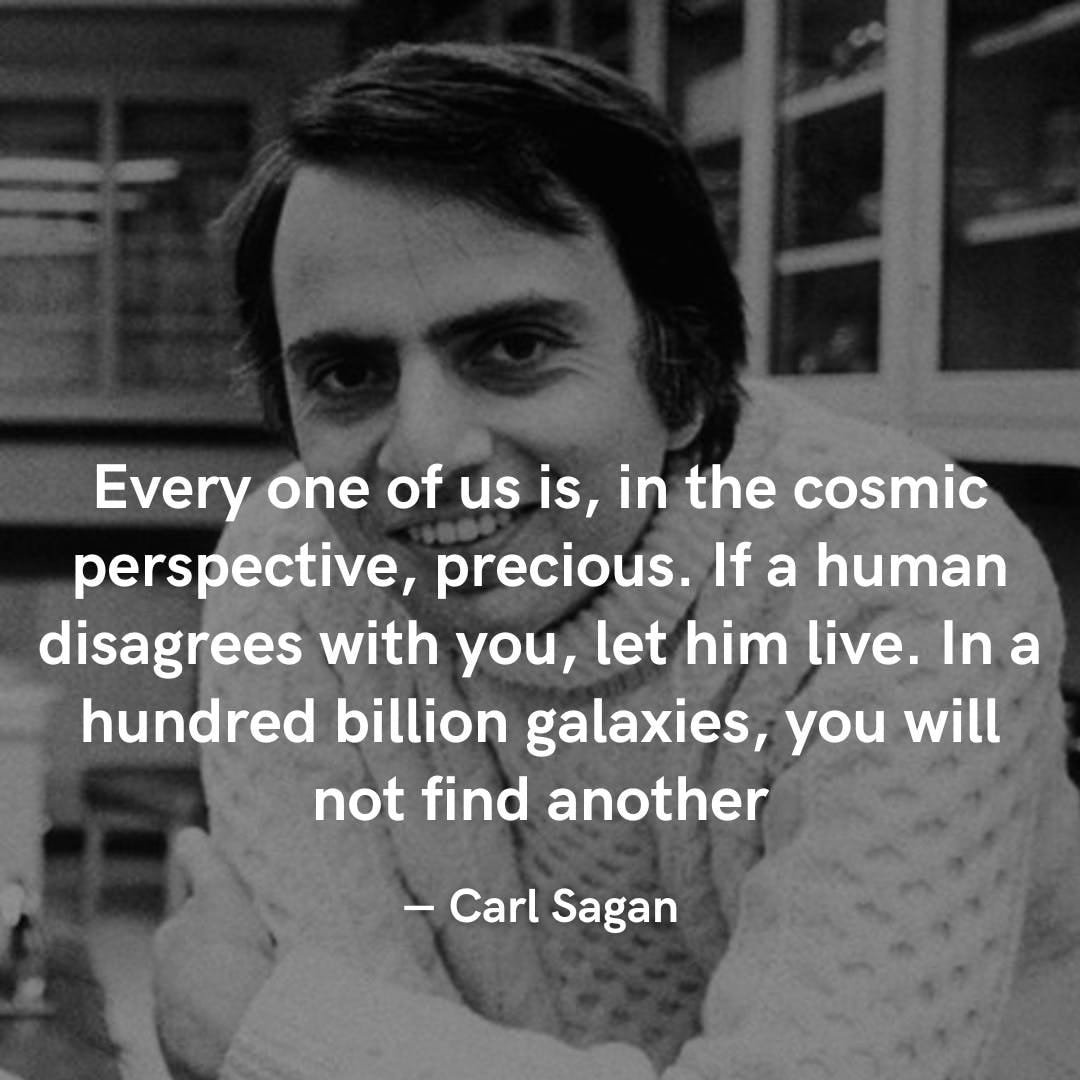What JFK Has to Teach About Persuasion
Lost techniques of a master.
In 1962, a man stood on a football field in Texas. The autumn heat slicked his face with sweat. 35,000 people sat in stands around him. Watching. Listening.
Decades before PowerPoint, TED talks, focus groups, quick-response surveys, and real-time message testing, he gave a long, 18-minute speech in a thick New England accent.
He spoke about science.
He evoked man’s technological progress, drawing an arc of history spanning 50,000 years.
And then he pointed to where Americans must go next: the Moon.
The Lesson
61 years later, it gives me chills.
What can we learn from it?
Why does listening to President John F. Kennedy — regardless of your country or politics—sound so different from leaders of today?
I have written speeches for major events.
This is a beautifully crafted one.
Here's what it teaches
First, why this is important:
All of us who live mostly online are engaged in daily persuasion.
You use words to convince friends.
Colleagues.
Even critics.
And you are constantly being bombarded with efforts to persuade.
Many assume their natural (casual) communication style works in any medium.
Generally, it doesn’t.
What looks "normal" on any given medium — TV news, Twitter, a podcast — looks odd up close.
To translate to a large audience, complex information must be compressed and amplified.
This is why people on screen wear makeup.
On TV, you amp up your energy.
On podcasts, you modulate your voice.
In writing, you cut.
So: why does JFK’s speech work? (Watch the whole speech or read the full transcript here and let me know what you think.)
Unifying language. He doesn’t choose to go to the Moon. WE choose.
Connects the micro and the macro. While painting a planetary vision, JFK brings it regularly back to this audience, this moment in Texas.
Gentle humor. You might miss it: this speech is funny. Note that he compares Rice (a small school) playing against the University of Texas (a giant football powerhouse) to going to the Moon.
Authenticity. His energy, gestures, and tone match the urgency of his message. You feel he wants this. Stubbornly. Powerfully. He is not telling us to do it, or begging us. He is showing us why the Moon is the greatest aim we all could share.
Stirs noble, powerful emotions. Listening to this speech, you feel uplifted. Proud. You belong to a species that does not merely dream of the impossible, but does it.
Of course, JFK's magnetism is palpable.
But remember: He was a sickly man.
What we're seeing here is not merely a gift.
It's a virtuoso playing upon the instrument of himself.
What I'm Enjoying
Finally read The Whig Interpretation of History by Herbert Butterfield.
A classic on how we err by reading our present biases into the past.
It's excellent.
Bonus: This thread has good advice on how to spot bad news on a balance sheet as an investor.
What I'm Working On
Last week, the executives I am coaching went through Module 4 of the Executive Media Mastery program.
We talked about how to get the attention of media in your niche — ethically and authentically.
There’s more demand than ever for voices with expertise and authority.
It’s just a matter of knowing how to package and position yourself to be found.
Once this round is finished, I’m excited to get started with the next cohort.
Question of the Week
What's the most impressive speech you've ever heard?
Reply with any thoughts, questions, corrections, or just to say hello.
Thanks. Until the next time,
Ben





The most impressive speech I've ever heard is from the movie 'Scent of a Woman' delivered by the legendary Al Pacino. Link - https://www.youtube.com/watch?v=Jd10x8LiuBc